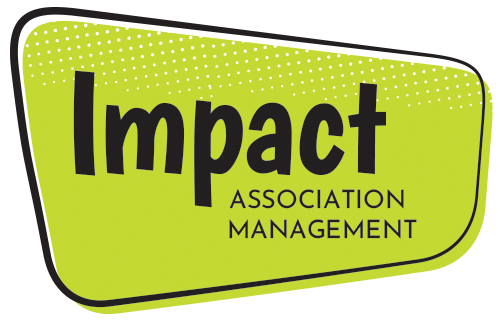For those of us that have considered taking a risk and venturing out on our own to start our dream business, one key step we’ve needed to seriously consider is how are we going to advertise to our target audience? Of course there are big money marketing solutions, but for most of us on a penny-pinching budget, we need something effective, yet cost efficient. My intent for this blog will be to focus on two forms of battling advertising methods, and which of these may be the best for your new start-up business: Facebook vs. Google.
What I am going to try to determine is whether it’s better to put your company’s future in the hands of one of the largest search engines out there, Google; or if it’s better to strategize with the future of one of the largest growing social media websites, Facebook.
Reaching the Audience
Yes, it is true that Facebook has one billion active monthly members, but surprisingly enough, the winner here is Google. Google search engine provides results for more than one billion queries from around the world, every day, and its ads are displayed next to relevant results. Plus, “Google ads can be displayed on thousands of partner sites, which reach upward of 92% of all internet users in the U.S.”, states author Allison Howen in Website Magazine May 2013.
Target Options
Google can target audiences in multiple ways: using keywords, location, time of day, and general audience interest categories. It has the ability to display to people who have particular interests in subject matter. Facebook has a larger ability to target audiences due to user data collected over time. Facebook can target by location, age, gender, marital status, and interests.
For example, a home design store can target options to reach families that have recently moved, or live in a particular location, or have an interest in décor or personalizing their homes. So, the winner for this category goes to Facebook, although Google is in a close second with the launch of its Enhanced Campaigns capabilities.
Potential to Convert
With Google, ads are displayed primarily based on the intent of the consumer. This means that the consumer is usually searching for a particular product and has an immediate interest. As a result, they make the purchase when they find the results they are seeking. Facebook ads are based on the user’s defined interests and previous behavioral interactions. As this is somewhat more limiting, the winner in this category belongs to Google.
Campaign Impact
According to May’s issue of Websitemagazine.com, Facebook ads tend to produce customers with longer average lifetime values. Why is this? Well, Facebook ads often lead brands to receive an increase in “likes,” which allows brands to continue marketing to these customers. Fans then interact with the brand’s content and become more comfortable and likely to continue purchasing. Likewise, they continue to network the brand by spreading the word to friends and family members.
Is there really a great conclusion to this debate? Probably not! The best form of advertising seems to solely depend on the goals of the start-up. If you are looking for an immediate outreach, then Google is the place to target a larger audience. If you are looking for a smaller target audience that will grow over time, as the market is continuous, then Facebook could be the best solution. If you want to be absolutely sure, and if the pocket book allows, try both forms and see where you notice the most activity. Track, track, and track again!
Find out how our association management professionals can enhance your social media efforts.
